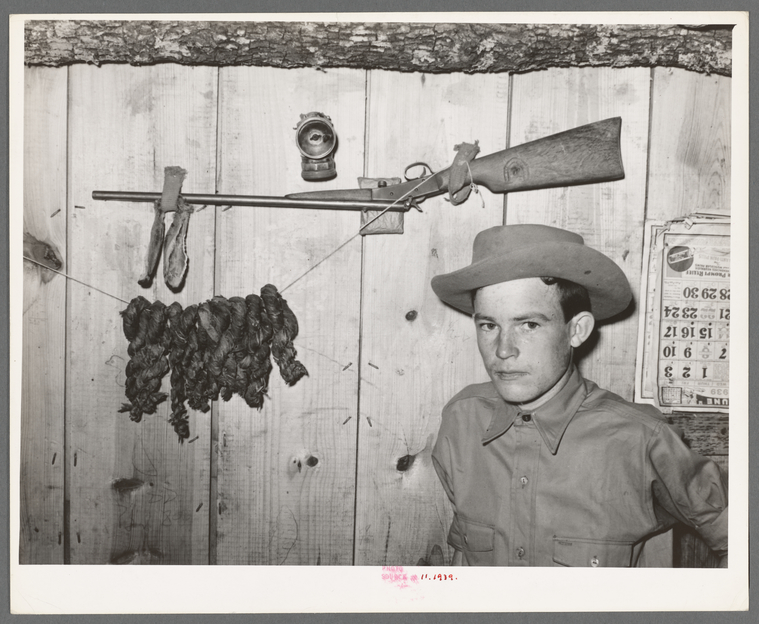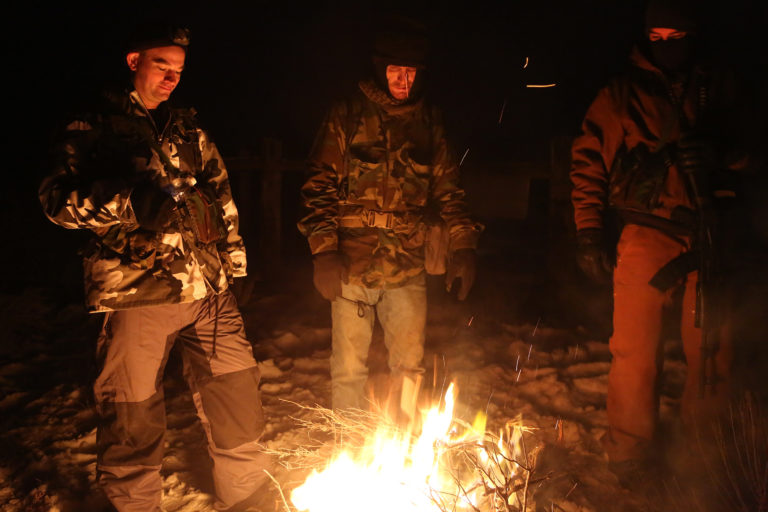This introduction examines gun culture in the United States and argues that it is a product of the longstanding practices of settler colonialism, anti-Blackness, and misogyny that have shaped life in the United States. Invoking an anthropological definition of culture, it argues that gun violence is a central facet of US political and social life and that performances of gun use and ownership, particularly when enacted by white men, embody a kind of “racial sovereignty,” or a violent limitation of the practical applicability of citizenship to those who promulgate whiteness, maleness, and violence as primary markers of full belonging in the civic community.
Articles by Alex Trimble Young
Alex Trimble Young is an Honors Faculty Fellow in Barrett, the Honors College at Arizona State University. Young is a scholar of transnational settler colonialism and United States literature and culture. His forthcoming book, The Frontiers of Dissent: The Settler Colonial Imaginary in U.S. Literature after 1945, focuses on how the oppositional literature in the contemporary U.S. has been shaped by the ongoing history of settler colonialism and Indigenous resistance.
The Necropolitics of Liberty: Sovereignty, Fantasy, and United States Gun Culture
This article approaches the speculative fiction of the survivalist right as an archive that can illuminate the continuities between the fantasies of necropolitical power that animate the radical right and undergird the sovereignty of the United States. Focusing on Malheur National Wildlife Refuge occupier LaVoy Finicum’s 2015 novel Only by Blood and Suffering: Regaining Lost Freedom, this essay argues that such survivalist fiction, in imagining a future civil conflict that enables the reinstatement of Lockean property rights, should be understood as settler colonial rather than anti-statist. In representing the dystopian future in which “public lands” are reopened as a frontier, survivalist novels like Finicum’s reaffirm, rather than challenge, the fantasy that produces the constituted power of the United States.

